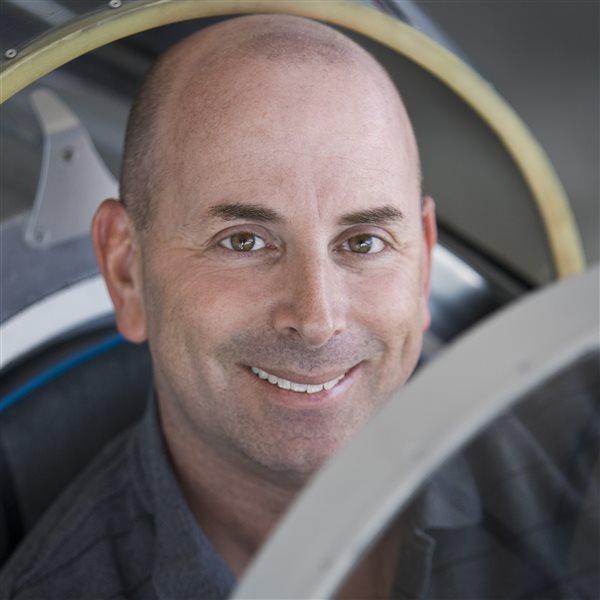Ownership: The best defense
Stop the spread of zebra and quagga mussels

Biologists recently found evidence of zebra mussels in the Flathead Lake area of western Montana, and state officials are moving quickly to protect the state’s crystal-clear lakes and rivers. Montana is spending about $6 million a year to inspect boats, canoes, and kayaks and inform everyone who uses the lakes—especially seaplane pilots—of the danger.
“Montana seaplane pilots are out front on this issue because they realize the threat invasive species pose to our pristine waters,” said Willis Curdy, a former U.S. Forest Service pilot and member of the Montana House of Representatives. “Seaplane pilots are very supportive and want to protect our natural areas.”
AOPA and the Seaplane Pilots Association (SPA) jointly produced a video on ways pilots can combat invasive species. Best practices include:
- Pump out bilge water only in the waterway that it came from.
- Remove weeds and other vegetation from floats prior to takeoff.
- Thoroughly clean the inside of float compartments—as well as ropes—with a water/bleach mixture.
- Land in saltwater before touching down in freshwater.
- Clean amphibious airplanes with hot water on land before flying to lakes or rivers.
Zebra mussels originally came from the Caspian and Black seas in southern Russia, and oceangoing ships unknowingly transported them to Europe and North America. The striped mussels first showed up in the Great Lakes in 1988 and have done billions of dollars in damage by clogging water intakes at dams and electrical plants, and decimating fisheries.
Washington state charges seaplane pilots $24 a year for invasive species prevention and mitigation, and some activists in other states have proposed banning seaplanes entirely. AOPA, SPA, and other aviation organizations believe pilot education, certification, and decontamination of aircraft are the most effective ways to address the issue.
“A lot of states are spending a lot of money to confront this problem,” said Montana’s Curdy. “We want to make seaplane pilots all over the country more aware so that a pilot flying from the Midwest to Seattle, for example, doesn’t do any harm in places that haven’t been affected by invasive species.”
Email dave.hirschman@aopa.org



